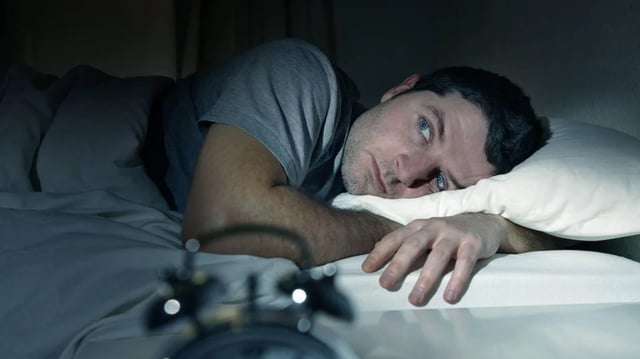Overview
- Recent data highlights significant sleep disturbances in Spain, where over four million people suffer from insomnia, and in France, where 70% of the population experiences nightly awakenings.
- Experts, including Damien Davenne, attribute these disruptions to anxiety from societal stress, economic tensions, and international conflicts, as well as aging-related changes in sleep architecture.
- Prolonged nighttime awakenings are increasingly common, with specialists advising individuals to get out of bed after 15 minutes awake and engage in calming activities like reading.
- Behavioral strategies such as maintaining consistent sleep schedules, limiting screen time before bed, and creating a cool, quiet bedroom environment are recommended to improve sleep quality.
- While some individuals use background noise, such as television, to manage anxiety and loneliness, this contrasts with expert advice to avoid electronic devices before sleep.


